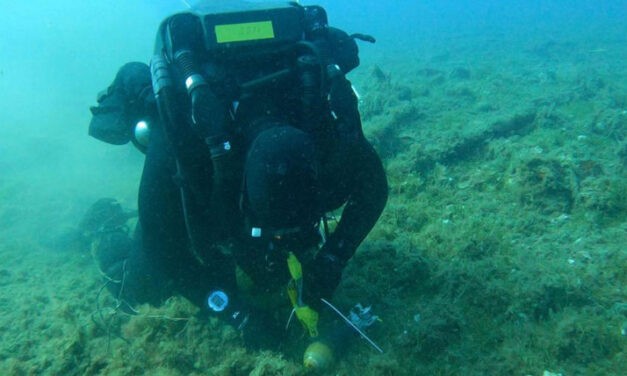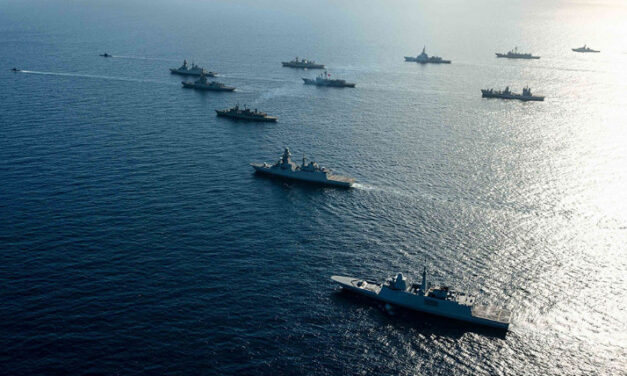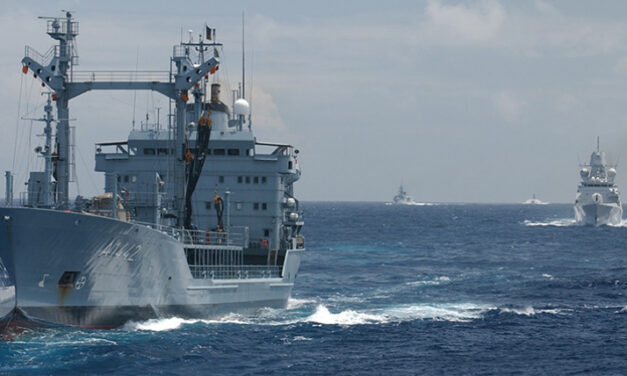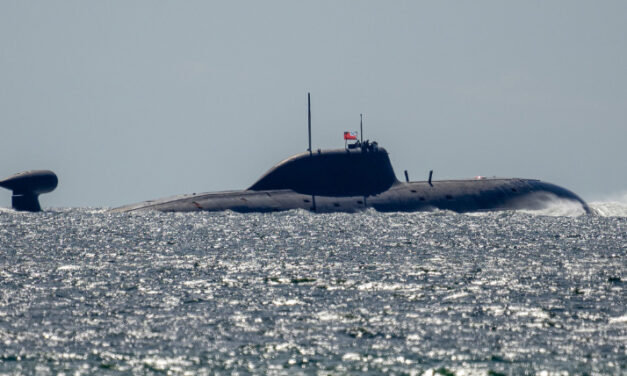Man against mine
Those who wear the sawfish on their chest can count themselves among the illustrious circle of mine divers. However, the training is tough and the number of applicants is constantly decreasing. Many outsiders are prejudiced and have a particular idea of mine diver training, which often does not correspond to the truth. Then you hear comments such as: "As a mine diver, you have to have fainted underwater at least once", "A mine diver's job ends with finding a mine", or: "Only really muscular soldiers can pass this tough training". So what is reality? What has become a myth in the media over the years? Time to...
Weiterlesen






Latest comments